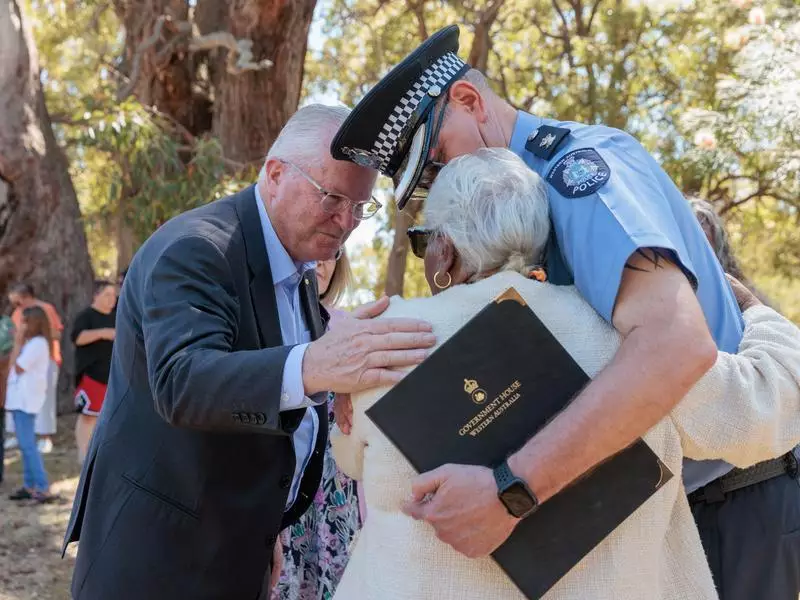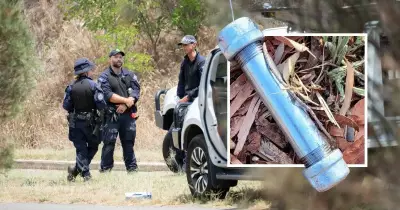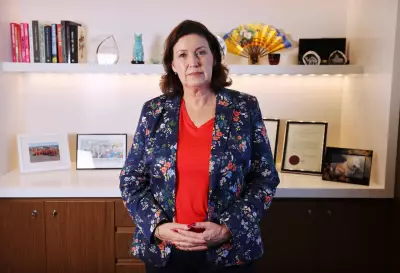
Australia finds itself trapped in a cycle of inaction when it comes to meaningful progress for Aboriginal people, and journalist Ben Harvey argues that an unexpected emotion lies at the heart of this stagnation: collective guilt.
The Paralysing Power of Collective Shame
In a powerful opinion piece, Harvey dissects the national psyche, suggesting that Australians' discomfort with their own guilt prevents them from confronting the hard truths necessary for change. This isn't about assigning individual blame, but rather acknowledging the uncomfortable historical legacy that continues to shape modern Australia.
The recent defeat of the Indigenous Voice to Parliament referendum serves as a stark case study. Harvey contends the campaign's failure revealed deep-seated anxieties within the Australian public. Many voters, he suggests, felt accused or shamed by the proposition, triggering a defensive reaction rather than thoughtful consideration.
This dynamic creates a frustrating paradox. While many Australians express support for reconciliation in principle, they become resistant when confronted with concrete measures that might force a reckoning with historical and ongoing injustices.
Moving Beyond Symbolism to Substantive Change
Harvey points out that Australia has become adept at symbolic gestures—from Welcome to Country ceremonies to NAIDOC Week celebrations. While these have value in raising awareness, they often serve as substitutes for the more difficult work of addressing systemic inequality.
The statistics remain sobering. Aboriginal and Torres Strait Islander people continue to experience significant gaps in life expectancy, educational outcomes, employment opportunities, and health indicators compared to non-Indigenous Australians. These disparities persist despite decades of policy initiatives and public discussion.
The fundamental challenge, according to Harvey's analysis, is that substantive change requires uncomfortable conversations about power, resources, and historical legacy. These discussions inevitably evoke feelings of guilt or defensiveness, causing many to retreat to safer, less consequential forms of acknowledgment.
A Path Forward Requires Honest Reflection
So how does Australia break this impasse? Harvey suggests the solution begins with honest self-reflection. Australians must confront their collective history without becoming paralysed by guilt or defensive in the face of uncomfortable truths.
This means recognising that guilt itself isn't the problem—it's how we respond to it. When guilt leads to avoidance and inaction, it becomes part of the problem. But when acknowledged and channeled constructively, it can motivate genuine engagement and meaningful change.
The way forward requires moving beyond what Harvey describes as a "shame-based" approach to Indigenous affairs. Instead of focusing on making Australians feel bad about the past, the conversation needs to centre on building a better shared future—one that acknowledges historical truths while working toward practical solutions.
This shift in perspective is crucial for developing policies that address the real needs of Aboriginal communities rather than catering to the comfort levels of the wider population. It means listening to Indigenous voices even when what they have to say makes us uncomfortable.
The ultimate challenge for Australia is to transform guilt from a paralyzing force into a motivating one. Only then can the nation move beyond symbolic gestures and make substantive progress toward genuine reconciliation and equality for its First Peoples.





